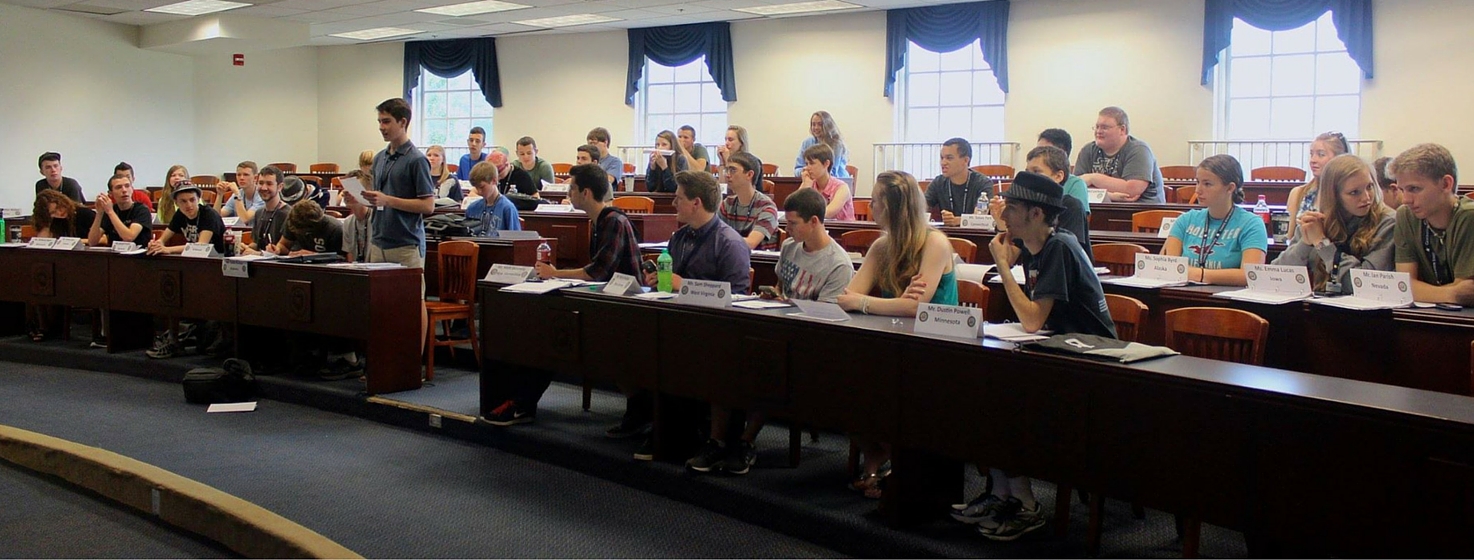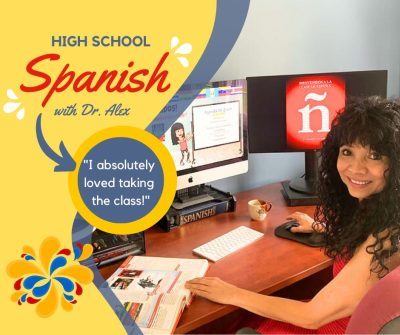The Vision of Generation Joshua is to assist parents to raise up the next generation of Christian leaders and citizens, equipped to positively influence the political processes of today and tomorrow.
The Mixed Up Coverage of Kynnedi Miller
And Why It Matters A young West Virginia teen who died tragically in an emaciated state was said to have had an eating disorder.1 While absolutely heartbreaking, according to an article from the UMass Chan Medical School,2 eating disorders in teens more than doubled...









Recent Comments